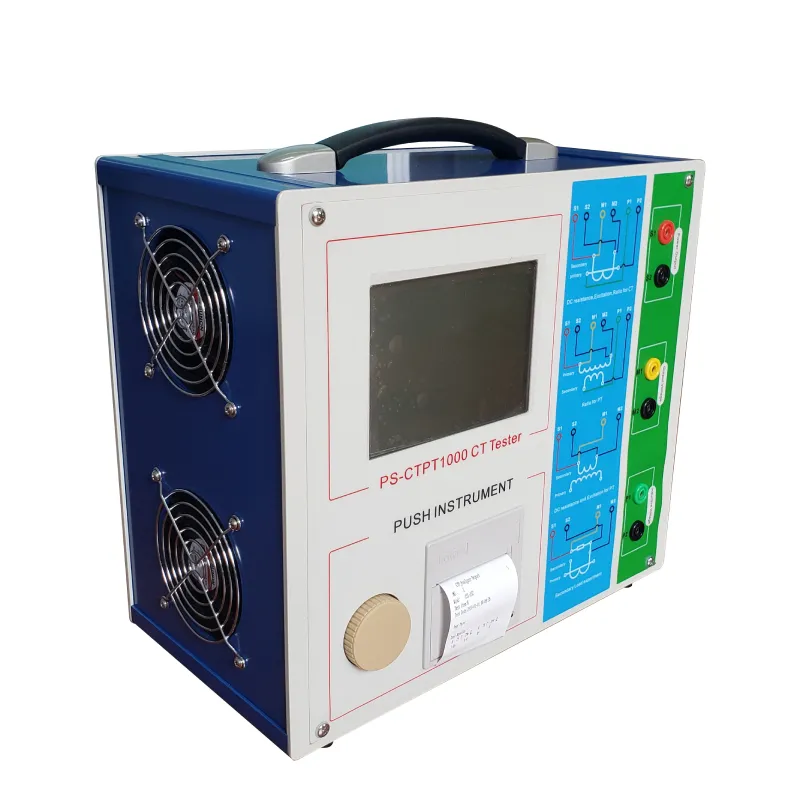TEL:
+86-0312-3189593
 English
English

Telephone:0312-3189593

Email:sales@oil-tester.com

-
 Afrikaans
Afrikaans -
 Albanian
Albanian -
 Amharic
Amharic -
 Arabic
Arabic -
 Armenian
Armenian -
 Azerbaijani
Azerbaijani -
 Basque
Basque -
 Belarusian
Belarusian -
 Bengali
Bengali -
 Bosnian
Bosnian -
 Bulgarian
Bulgarian -
 Catalan
Catalan -
 Cebuano
Cebuano -
 China
China -
 China (Taiwan)
China (Taiwan) -
 Corsican
Corsican -
 Croatian
Croatian -
 Czech
Czech -
 Danish
Danish -
 Dutch
Dutch -
 English
English -
 Esperanto
Esperanto -
 Estonian
Estonian -
 Finnish
Finnish -
 French
French -
 Frisian
Frisian -
 Galician
Galician -
 Georgian
Georgian -
 German
German -
 Greek
Greek -
 Gujarati
Gujarati -
 Haitian Creole
Haitian Creole -
 hausa
hausa -
 hawaiian
hawaiian -
 Hebrew
Hebrew -
 Hindi
Hindi -
 Miao
Miao -
 Hungarian
Hungarian -
 Icelandic
Icelandic -
 igbo
igbo -
 Indonesian
Indonesian -
 irish
irish -
 Italian
Italian -
 Japanese
Japanese -
 Javanese
Javanese -
 Kannada
Kannada -
 kazakh
kazakh -
 Khmer
Khmer -
 Rwandese
Rwandese -
 Korean
Korean -
 Kurdish
Kurdish -
 Kyrgyz
Kyrgyz -
 Lao
Lao -
 Latin
Latin -
 Latvian
Latvian -
 Lithuanian
Lithuanian -
 Luxembourgish
Luxembourgish -
 Macedonian
Macedonian -
 Malgashi
Malgashi -
 Malay
Malay -
 Malayalam
Malayalam -
 Maltese
Maltese -
 Maori
Maori -
 Marathi
Marathi -
 Mongolian
Mongolian -
 Myanmar
Myanmar -
 Nepali
Nepali -
 Norwegian
Norwegian -
 Norwegian
Norwegian -
 Occitan
Occitan -
 Pashto
Pashto -
 Persian
Persian -
 Polish
Polish -
 Portuguese
Portuguese -
 Punjabi
Punjabi -
 Romanian
Romanian -
 Russian
Russian -
 Samoan
Samoan -
 Scottish Gaelic
Scottish Gaelic -
 Serbian
Serbian -
 Sesotho
Sesotho -
 Shona
Shona -
 Sindhi
Sindhi -
 Sinhala
Sinhala -
 Slovak
Slovak -
 Slovenian
Slovenian -
 Somali
Somali -
 Spanish
Spanish -
 Sundanese
Sundanese -
 Swahili
Swahili -
 Swedish
Swedish -
 Tagalog
Tagalog -
 Tajik
Tajik -
 Tamil
Tamil -
 Tatar
Tatar -
 Telugu
Telugu -
 Thai
Thai -
 Turkish
Turkish -
 Turkmen
Turkmen -
 Ukrainian
Ukrainian -
 Urdu
Urdu -
 Uighur
Uighur -
 Uzbek
Uzbek -
 Vietnamese
Vietnamese -
 Welsh
Welsh -
 Bantu
Bantu -
 Yiddish
Yiddish -
 Yoruba
Yoruba -
 Zulu
Zulu
Ene . 20, 2025 13:47
Back to list
PS-2009 Air Generator Gas Chromatography Test Kit
When delving into the world of analytical chemistry, the gas liquid chromatography machine (GLC) stands as a paramount device for separating and analyzing compounds that can be vaporized without decomposition. This intricate equipment has become indispensable in various industries, including pharmaceuticals, environmental testing, and petrochemicals. To understand its versatility, we must explore its components, functionality, and applications, backed by expert insights and real-world experiences, ensuring authoritative and trustworthy information.
In petrochemical industries, GLC machines decipher intricate mixtures of hydrocarbons. They facilitate quality control protocols by providing accurate compositional analysis of fuels and lubricants. Technicians analyze crude oil distillates to project refining yields and optimize processing parameters, essential for operational and economic efficiency. The prowess of gas liquid chromatography is underscored by its continuous innovation. Advances in column materials and configurations have extended the machine's applications and improved its separation efficiency. Moreover, developments in detector technologies and data processing algorithms have drastically reduced analysis times, fostering a robust integration within automated laboratories. Trust in GLC technology is reinforced through rigorous calibration protocols and adherence to international standards such as those from ISO and ASTM. This ensures machine precision and reliability, critical for reinforcing the data's credibility and fostering industry-wide trust in chromatographic analyses. User experience with GLC machines is paramount. Expert operators emphasize the importance of regular maintenance and methodical handling to preserve the machine's functionality over extended periods. Seasoned analysts provide training programs, emphasizing intricacies of sample preparation, calibration, and troubleshooting, amplified by real-life scenarios and problem-solving sessions, which bolster an operator’s proficiency. In conclusion, gas liquid chromatography machines are vital in analytical chemistry, offering unparalleled accuracy and adaptability in complex analyses across multiple industries. Through expert deployment and continuous technological enhancements, these machines remain at the forefront of ensuring product quality, environmental safety, and scientific advancement. The legacy of GLC technology endures through its authoritative role in both existing and emerging analytical challenges, proving indispensable for practitioners committed to thorough analysis and data fidelity.


In petrochemical industries, GLC machines decipher intricate mixtures of hydrocarbons. They facilitate quality control protocols by providing accurate compositional analysis of fuels and lubricants. Technicians analyze crude oil distillates to project refining yields and optimize processing parameters, essential for operational and economic efficiency. The prowess of gas liquid chromatography is underscored by its continuous innovation. Advances in column materials and configurations have extended the machine's applications and improved its separation efficiency. Moreover, developments in detector technologies and data processing algorithms have drastically reduced analysis times, fostering a robust integration within automated laboratories. Trust in GLC technology is reinforced through rigorous calibration protocols and adherence to international standards such as those from ISO and ASTM. This ensures machine precision and reliability, critical for reinforcing the data's credibility and fostering industry-wide trust in chromatographic analyses. User experience with GLC machines is paramount. Expert operators emphasize the importance of regular maintenance and methodical handling to preserve the machine's functionality over extended periods. Seasoned analysts provide training programs, emphasizing intricacies of sample preparation, calibration, and troubleshooting, amplified by real-life scenarios and problem-solving sessions, which bolster an operator’s proficiency. In conclusion, gas liquid chromatography machines are vital in analytical chemistry, offering unparalleled accuracy and adaptability in complex analyses across multiple industries. Through expert deployment and continuous technological enhancements, these machines remain at the forefront of ensuring product quality, environmental safety, and scientific advancement. The legacy of GLC technology endures through its authoritative role in both existing and emerging analytical challenges, proving indispensable for practitioners committed to thorough analysis and data fidelity.
Latest news
-
Testing Equipment Industry Sees Major Advancements in 2025: Smart & Precision Technologies Lead the WayNewsJun.06,2025
-
Applications of Direct Current Generators in Renewable Energy SystemsNewsJun.05,2025
-
Hipot Tester Calibration and Accuracy GuidelinesNewsJun.05,2025
-
Digital Circuit Breaker Analyzer Features and BenefitsNewsJun.05,2025
-
Benefits of Real-Time Power Quality Monitoring Devices for Industrial EfficiencyNewsJun.05,2025
-
Earth Fault Loop Testing in High-Rise Building Electrical SystemsNewsJun.05,2025



